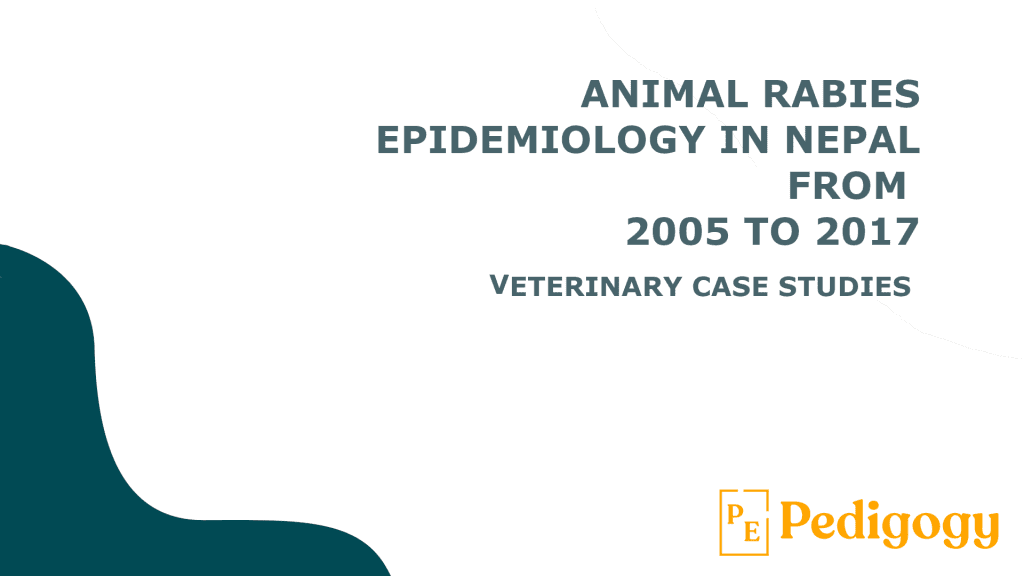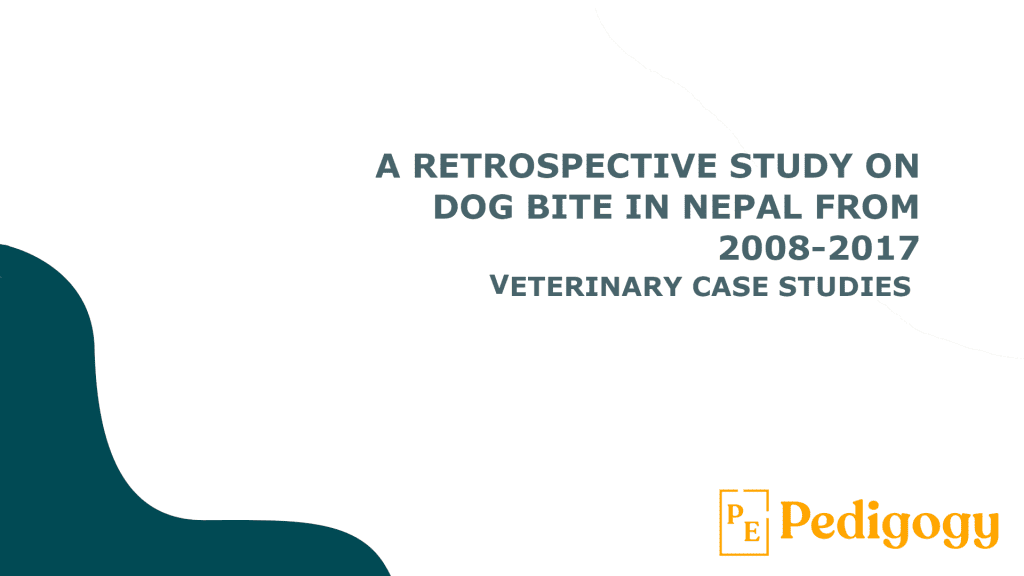Background & Goals of RVF Outbreak
In late 2006, East Africa experienced a significant Rift Valley Fever (RVF) outbreak affecting Kenya, Somalia, and Tanzania. The outbreak was linked to unusually heavy rains, which increased mosquito breeding sites, facilitating the spread of the virus. The goal was to understand the epidemiology of RVF and its impact on public health.
Materials & Methods
The study involved retrospective analysis of reported RVF cases from December 2006 to December 2007. Data on human and livestock infections, environmental conditions, and mosquito population dynamics were collected and analyzed.
Results of RVF Outbreak
A total of 1,062 laboratory-confirmed human cases were reported, with 394 deaths. The majority of cases were associated with contact with infected livestock. The outbreak highlighted the role of climatic factors in the emergence of zoonotic diseases.
Conclusion for RVF Outbreak
The RVF outbreak underscored the need for integrated surveillance systems and early warning mechanisms to detect and respond to zoonotic disease threats.
Keywords
Rift Valley Fever, East Africa, Zoonotic Outbreak, Climate Change, Public Health
References
Munyua et al. (2010). Rift Valley Fever Outbreak in Livestock in Kenya, 2006–2007. The American Journal of Tropical Medicine and Hygiene, 83(2), 292–298.
Copyright
This case study is adapted from the article “Rift Valley Fever Outbreak in Livestock in Kenya, 2006–2007” published in The American Journal of Tropical Medicine and Hygiene (2010). The original work is licensed under the Creative Commons Attribution 4.0 International License (http://creativecommons.org/licenses/by/4.0/), permitting unrestricted use, distribution, and reproduction in any medium, provided the original author(s) and source are credited.
Disclaimer for the study on RVF Outbreak
This lesson paraphrases and adapts content from the original research by Munyua et al. (2010). All rights to the original publication remain with the authors and journal. This material is intended solely for educational and teaching purposes. Any commercial use or reproduction of the original work without permission is prohibited. You can view the full paper here: https://pubmed.ncbi.nlm.nih.gov/20682907/


